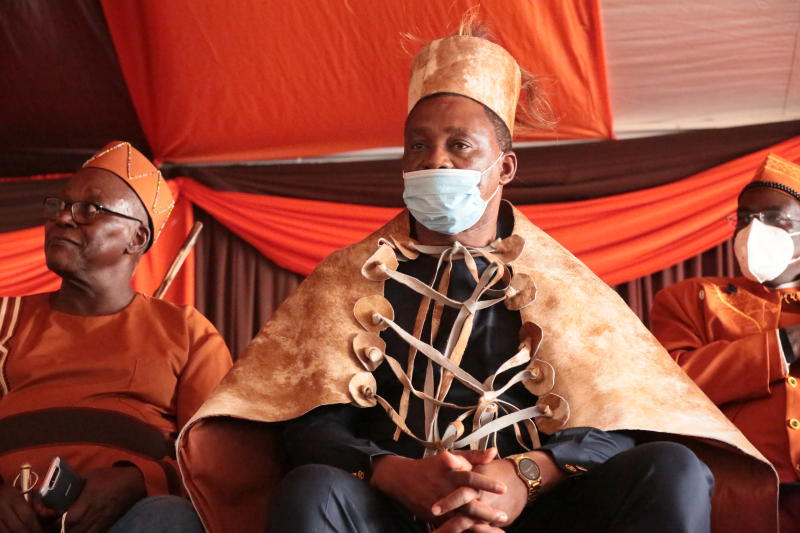×
The Standard e-Paper
Fearless, Trusted News

Prof Daniel Branch of Warwick University recalls the anxiety that informed party politics in Kenya on the eve of independence.
He states, in ‘Kenya: Between Hope and Despair, 1963 – 2011’ that the Ronald Ngala-led Kadu party was a defensive entity. Echoing David Anderson, Branch remembers the ethnic doubts that ruled the country on the road to freedom.